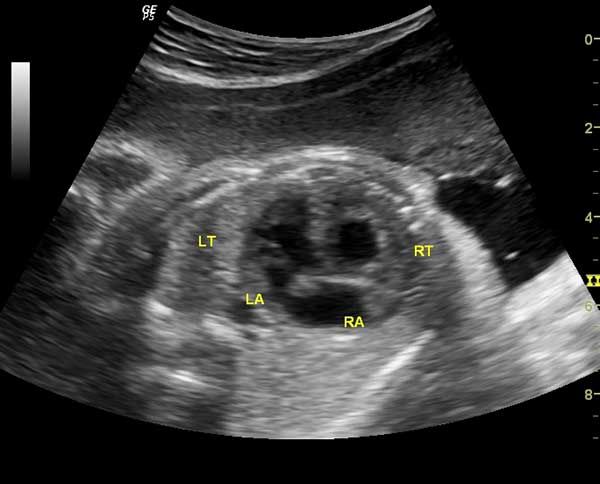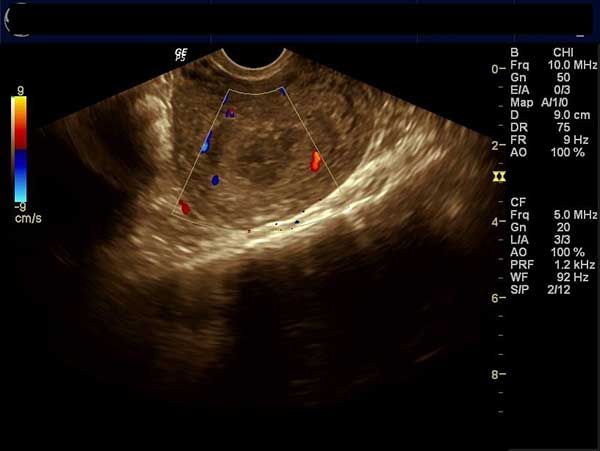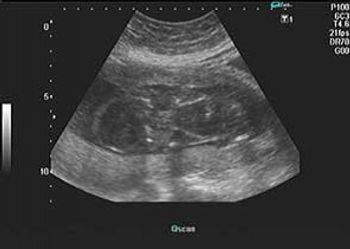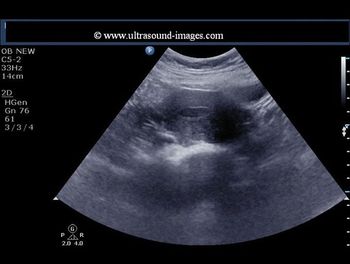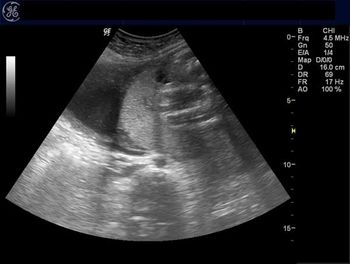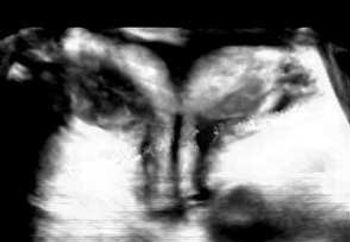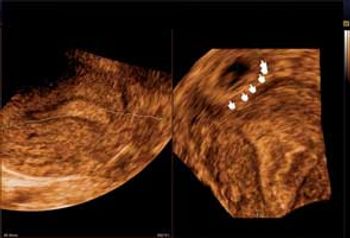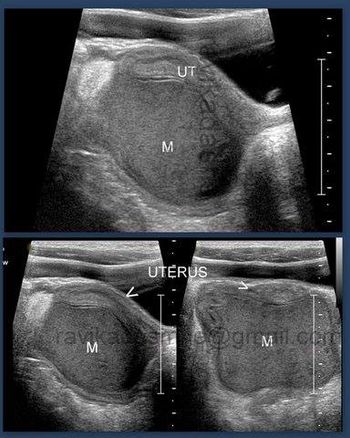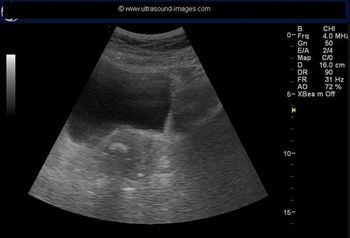
The common practice of clamping an umbilical cord within a minute of birth to reduce the possibility of maternal hemorrhaging may need to be revised, according to a new paper published in The Cochrane Database of Systematic Reviews. The study authors searched the Cochrane Pregnancy and Childbirth Group’s Trials Register to find 15 trials involving a total of 3911 mother and infant pairs. The risk of bias in the trials was considered by the paper’s authors to be moderate in nature.
